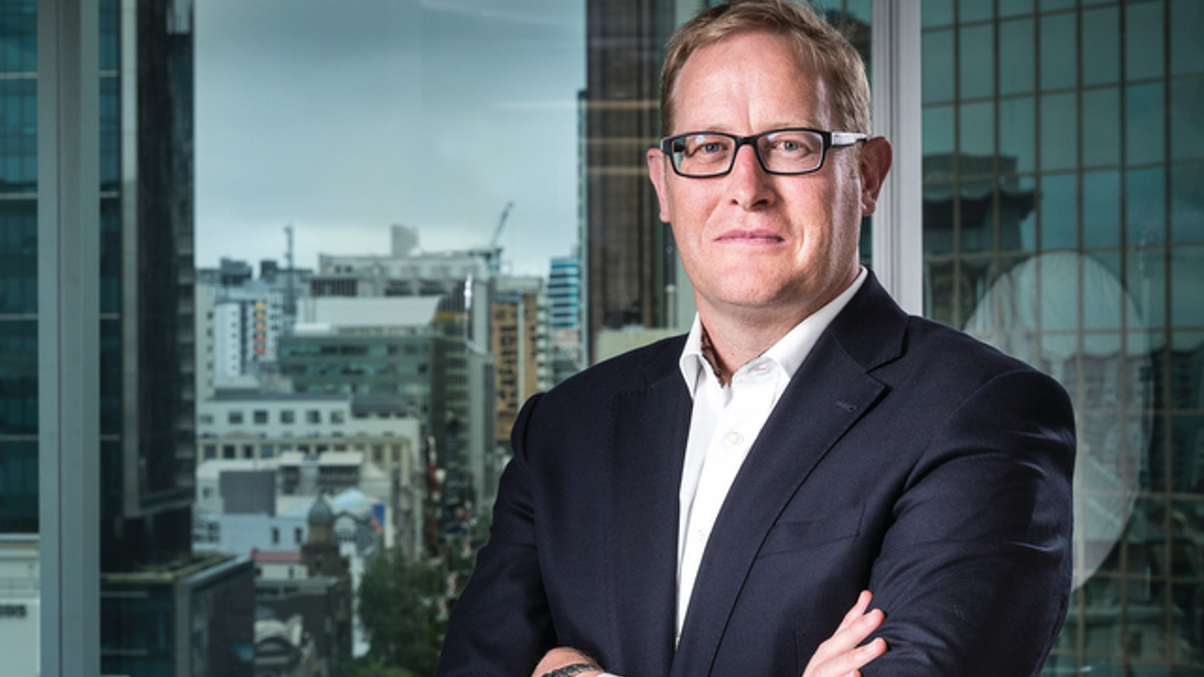NZ Super CIO forecasts lower returns
New Zealand’s $21 billion state pension fund has been trimming positions in recent months, as it sees more threats than opportunities in the markets.

Moves by New Zealand Superannuation Fund to cut back on riskier assets late last year look to have been prescient given recent falls in stock prices globally.
Sign in to read on!
Registered users get 2 free articles in 30 days.
Subscribers have full unlimited access to AsianInvestor
Not signed up? New users get 2 free articles per month, plus a 7-day unlimited free trial.
¬ Haymarket Media Limited. All rights reserved.


